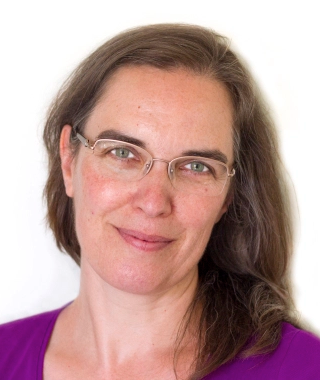Funding for independent researchers
 In this blog, Dr Helen Kara, (Director, We Research It Ltd. and the first fully independent Fellow of the Academy of Social Sciences), provides a tour of the, very limited, funding landscape for Independent Researchers.
In this blog, Dr Helen Kara, (Director, We Research It Ltd. and the first fully independent Fellow of the Academy of Social Sciences), provides a tour of the, very limited, funding landscape for Independent Researchers.